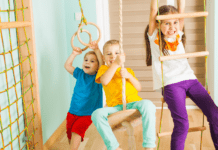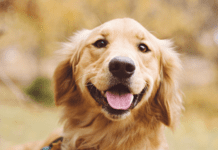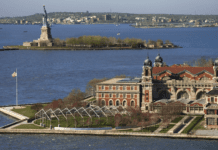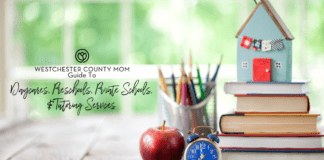“What we committed in the Indies stands out among the most unpardonable offenses ever committed against God and mankind…” Bartolome de las Casas
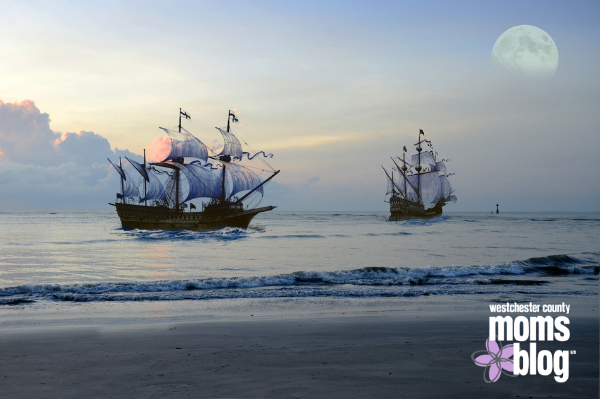
School is back in session and I’ve been thinking a lot about the hidden curriculum. What implied, unnamed messages do we teach children in schools and in society? I’m particularly curious about this as my son begins pre-school and engages in a more formalized educational setting. Do the values of the school and his teacher reflect my own? One big message of the hidden curriculum in my own education was the glorification of colonialism. With Columbus Day coming up, this problematic view of history is definitely on my mind.
It wasn’t until college that I was really asked to examine the effects of colonialism, in particular on indigenous populations. Now that I have my own children, I want to make sure they are facing the realities of history and society as part of their education. I don’t want my kids learning the whitewashed narrative of Columbus – that he bravely sailed the ocean blue and discovered the new world. Columbus was motivated by greed, not by some intrepid notion of exploration. His arrival kicked off a long period of slavery, exploitation, and ultimately genocide of indigenous populations that Europeans and many others refer to as the age of exploration.
In an attempt to tell a more complete and truer story, I’ve been searching for books to read with my kids about the real history of Columbus. Unfortunately, I’ve only uncovered one children’s book that tells the story in a way that feels culturally responsive and accurate. It happens to be way too long and metaphor-rich for my little ones, so we’ve been reading folktales from indigenous cultures in Latin America. Here’s a list of some great books for a culturally responsive Columbus Day.
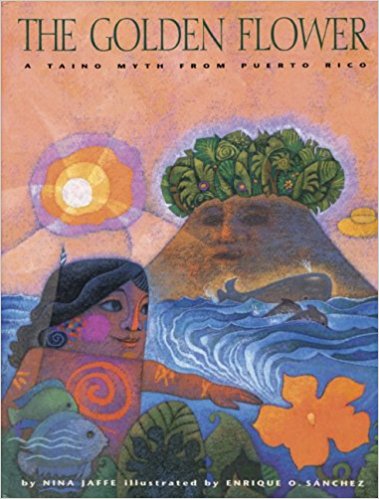

The Golden Flower by Nina Jaffee: This story enchanted my 3 year-old. It’s a Taino myth from Puerto Rico retold by a teacher turned children’s author.


How the Sea Began by George Crespo: Another beautifully illustrated Taino myth. This one is a little longer but still accessible for pre-schoolers.
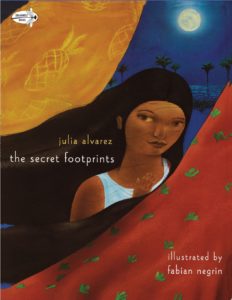

The Secret Footprints by Julia Alvarez: I nearly shrieked when I found this book. Julia Alvarez is one of my favorite authors.
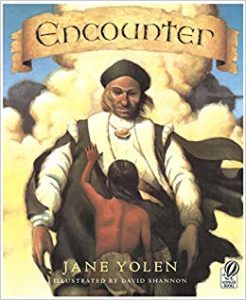

Encounter by Jane Yolen: The only book I could find that told the story of European “exploration” from the Indigenous point of view. This one is more appropriate for older kids, though I did check it out from our library and make up my own words to go with the pictures and the story. I’m certainly no Jane Yolen, but my version still sparked some really interesting and important conversations with my son.
I hope you’ll consider reading some of these books to challenge the traditional notions of Columbus and colonialism with your kids. And if you find any other great reads, please share them with us!













